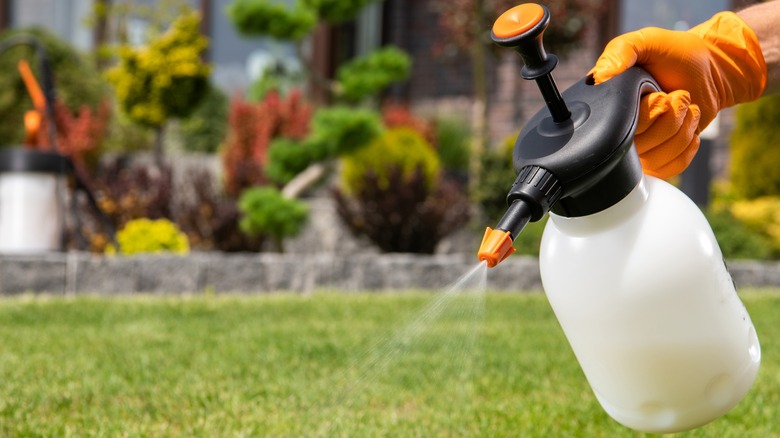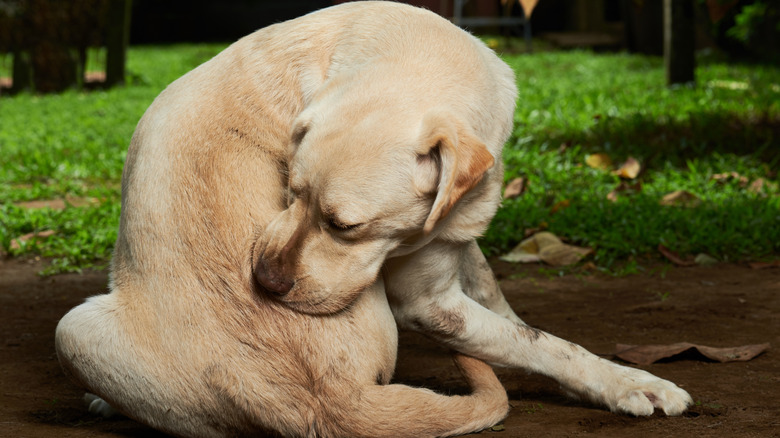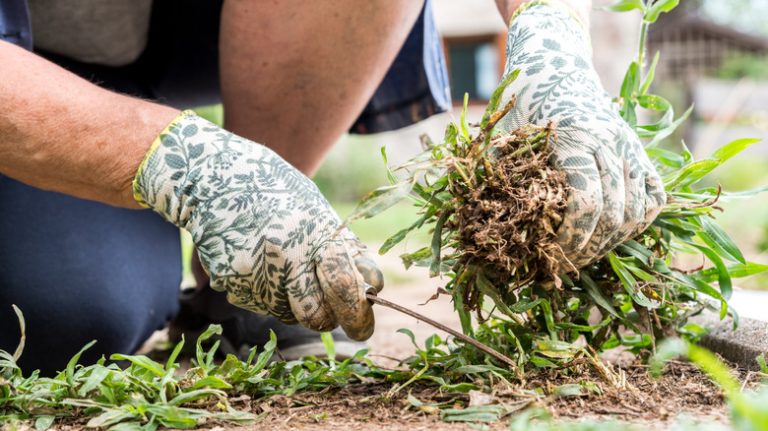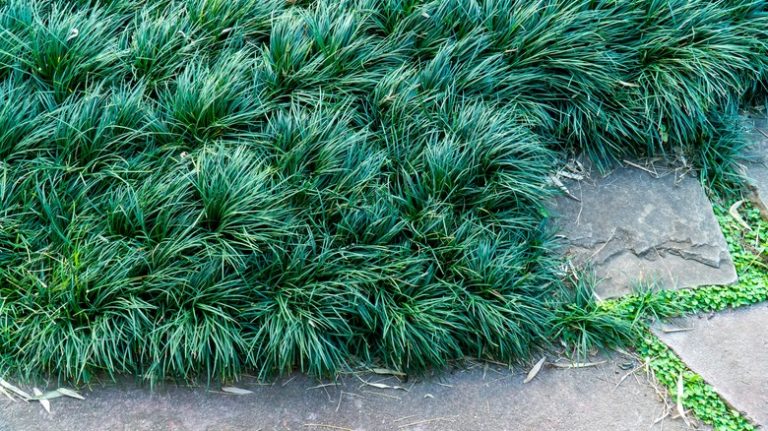Prioritizing your home security is important, but sometimes the worst burglars aren’t other people coming to steal your packages but pests that come to rob you of your joy. While fleas are one of the smallest household intruders, they’re pretty gruesome critters because they feed on animal blood … and that includes you. These parasites dwell in your tall grass, waiting for the perfect host to latch onto — which could be your pets or other animals. By doing so, they can easily make their way into your home. These pests are capable of spreading diseases; they are vectors of tapeworms and bacteria that cause typhus and plague. Luckily, you can throw together a toxin-free solution using cedar oil to get rid of the fleas in your home once and for all.
Cedar oil is an essential oil that is derived from the Eastern red cedar tree (Juniperus virginiana) or any tree in the conifer family. A 2024 study published by Environmental Entomology on the activity of cedarwood oil against bugs reveals that it is a great insecticide and is even included in several flea-repellent products. While the study doesn’t focus on the effectiveness of cedar oil on fleas in particular, the natural product is believed to be effective for fleas as well. In fact, cedar oil can inhibit many different types of insects from finding food sources by blocking important pheromones, and it kills them on exposure by seeping into their pores and drying them out or dissolving them.
Add water to cedar oil for a flea-killing solution

Once fleas find their way into your house, they multiply by laying eggs and cause mayhem. They prefer to live in the humid, shady parts of your lawn, and they typically find their way into your space by latching onto pets after they spend time in your yard. This is why keeping fleas out of your yard could prevent them from entering your home. To remove fleas from your lawn, prepare a cedar oil solution that won’t threaten the health of your yard. First, purchase some authentic cedar oil, also called cedarwood essential oil. You can get a bottle from Walmart for about $10. Because this is essential oil, it needs to be diluted, so mix about 1 tablespoon of cedar oil with 1 gallon of water before pouring it into a spray bottle. Use this directly on the fleas to kill and deter them.
If you find fleas inside your home, you can spray the mixture directly onto the fleas and anywhere else they could be hiding. Aside from pets, they can live on your furniture, carpet, rugs, and even your bed and lay their eggs there, so use the cedar oil solution in these areas. You could also grab some cotton balls and saturate them with the undiluted oil before dropping them around strategic perimeters in your house. Or, suck them up into your vacuum to kill any fleas that you vacuum up when cleaning your home.
Other ways to prevent fleas and caveats to using cedar oil

In addition to spraying your home and lawn with diluted cedar oil, preventing fleas from living on your property should be at the top of your list. You can accomplish this by taking away their preferred habitat. Mow your lawn regularly to get rid of the tall grass, as fleas don’t like sun exposure. Also keep your yard free of leaves, twigs, and other materials that they can hide underneath. Make sure you chase away other furry pests on your property that could be potential hosts like raccoons, squirrels, and mice. Finally, check your pets after playtime in the yard to make sure they’re flea-free. If you’ve tried all of this and you’re still dealing with fleas, you may need to reach out to a professional exterminator.
Because it’s non-toxic, cedar oil is generally safe for topical use. However, don’t use it on your pets without consulting their veterinarian first, as the ASPCA warns that any essential oil could cause negative health effects. If you’re going to use it on your skin to ensure you’re safe from bites, mix it with a carrier oil first so it doesn’t cause irritation. To dilute the cedar oil to a 2% concentration, mix it with a carrier oil in the ratio 1:50 before applying it onto your skin.



